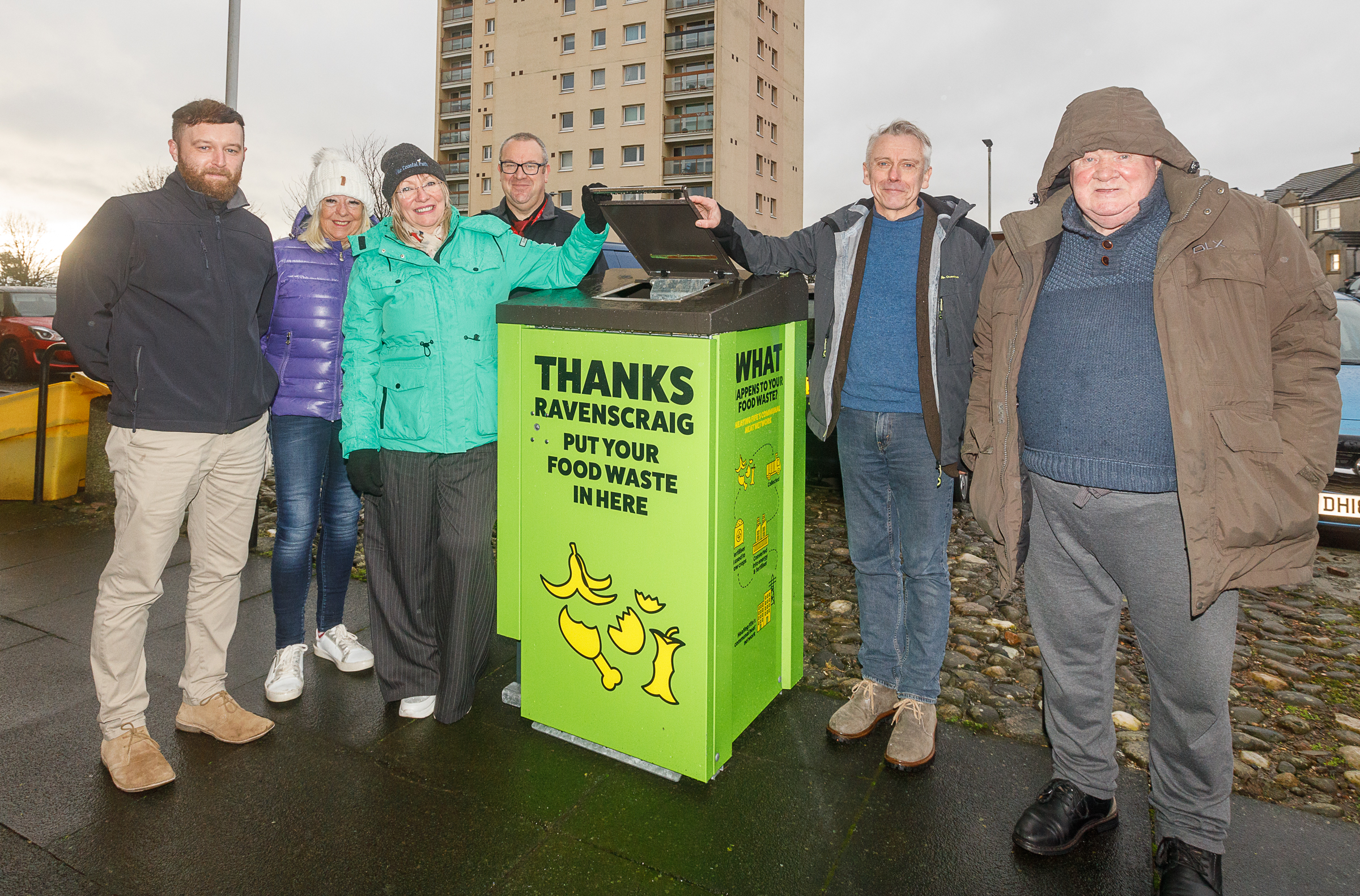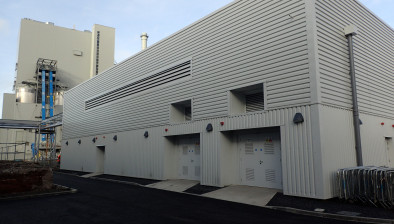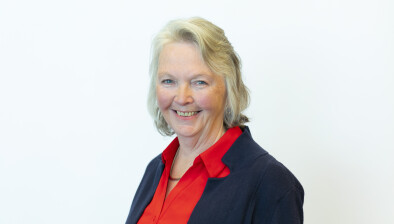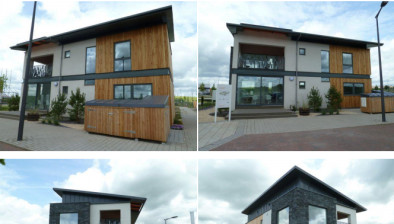Food waste rollout for Fife high-rise flats

Fife Council is to begin rolling out a new food waste service for high-rise flats across the region following a successful trial.
Residents at three blocks of flats in Ravenscraig, Kirkcaldy, participated in a 12-week pilot last year which saw them supplied with household food caddies and caddy liners along with instructions of what to put in the caddy and what to avoid.
New communal food waste bins were also conveniently located near the front door of the buildings, so people could pop downstairs with their caddy or carry their food liners down on their way out.
Due to the positive response and feedback from residents, the service will continue at Ravenscraig and will be soon be available to all high and medium-rise flat residents throughout the Kingdom.
Councillor Jan Wincott, Fife Council spokesperson for environment and climate change, said: “I would like to personally thank all of the Ravenscraig residents for taking part in this trial. A trial of this nature with food waste has never been carried out before in a high-rise block and the results have exceeded what was expected.
“We now aim to roll food waste units out across Fife to every high-rise block and hope that all of the residents embrace recycling food waste as well as the residents of Ravenscraig have.”
During the trial period, residents at Ravenscraig collected 1.573 tonnes of food waste – likened by one resident to the equivalent of around 30 bags of coal.
Surveys were also conducted as part of the trial, and many people highlighted the convenience of the bin location (just outside the blocks); doing their bit for the environment; and the benefit of their homes and the buildings smelling less (if food waste was not in the chutes) as key reasons as to why they thought it has been successful.
People also liked the bin design with a pedal, which reduced the need to touch the bin.
Local resident Derek Dewar, 78, said: “It’s been a great idea – my general waste bin is cleaner and it’s not been hard to get used to the change at all. I’d say it’s been a real improvement.”
All cooked and uncooked food waste can go in the bin as well as eggshells and tea bags so even if residents don’t have much food waste it all can make a difference.
As well as improving the smell of bins, chutes and corridors, food waste is being processed locally in a way that benefits the local community. The food waste goes to a local processing plant that generates energy and fertiliser, known as an anaerobic digester. The energy produced goes to heat care and retirement homes, Carnegie Leisure Centre, a supermarket, local art gallery and 388 houses on the local heating network in Dunfermline, while the fertiliser is sold to local farmers.
In fact, one banana skin can create enough energy to charge a mobile phone twice, whilst 32 can power a family home for one hour. 100 tonnes of food waste a day can generate enough energy to power 800-1,400 homes each year.
The new food bins are designed just for food waste so they have a small hatch that keeps out black bag waste contamination. The secure metal frame contains a 140l or 240l wheelie bin, which means the council can empty weekly and replace with a clean bin every week. This design and measure means it won’t attract rats or mice.
Zero Waste Scotland has now awarded Fife Council funding via its Recycling Improvement Fund to provide bins and caddies for all high-rise and medium rise flat residents.
The rollout will happen in stages, starting with Broomhead flats in Dunfermline first and then working from there to Raeburn Heights in Glenrothes. All residents will get a letter in advance of the service coming into effect with further information of what to do.
Zero Waste Scotland’s recycling improvement fund manager David Gunn added: “We’re proud to be working with the Scottish Government to support Fife Council to access Recycling Improvement Fund grants and to work with them to successfully implement their project.
“By recycling as much as possible, we can all help reduce carbon emissions, tackle climate change and ease the pressure placed on the planet.
“The council’s award will help improve its recycling infrastructure and services, benefitting residents and taking Scotland forward on its journey to becoming a circular economy.”







